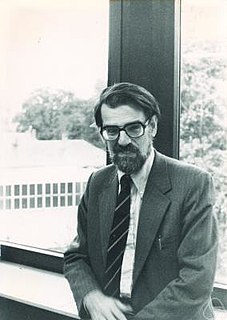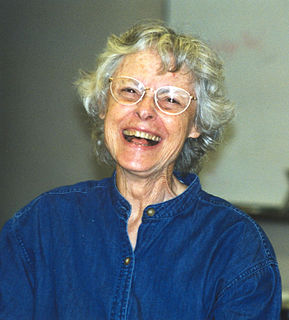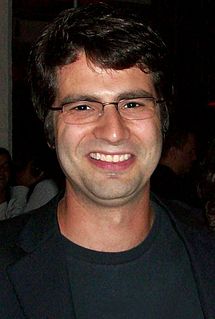A Quote by Henry David Thoreau
We commonly do not remember that it is, after all, always the first person that is speaking.
Related Quotes
When you speak a foreign language, you become someone else. If you aren't used to speaking a language, and you start speaking it again, for the first few sentences you'll find yourself in very strange shape, because you're still the person who was speaking the first language. But if you keep speaking that language, you will become the person who corresponds to it.
I've always been comfortable being the first person at a party, metaphorically speaking - being the first person on the dance floor, saying, 'This is where it's happening, people, and if you don't think so, that's cool, but I think you're missing out.' That's my general philosophy, and it's served me pretty well.
Humanity from the first has had its vultures and sharks, and representatives of the fraternity who prey upon mankind may be expected no less in America than elsewhere. That this virulence breaks out most readily and commonly against colored persons in this country, is due of course to the fact that they are, generally speaking, weak and can be imposed upon with impunity. Bullies are always cowards at heart.
I'd never seen my father stand up. As far as I can remember, my father was always in a wheelchair. I always remembered that. And I remember my first basketball game, ever, he rolls into the gym, he stays by the door and he watches me play. And that was the only game he ever saw me play because he passed away shortly after that.
What made losing someone you loved bearable was not remembering but forgetting. Forgetting small things first... it's amazing how much you could forget, and everything you forgot made that person less alive inside you until you could finally endure it. After more time passed you could let yourself remember, even want to remember. But even then what you felt those first days could return and remind you the grief was still there, like old barbed wire embedded in a tree's heartwood.



































